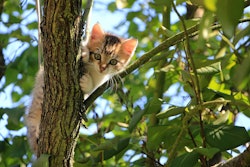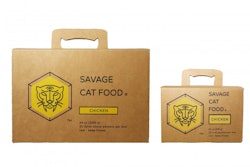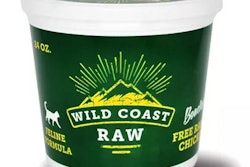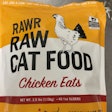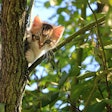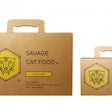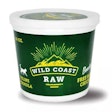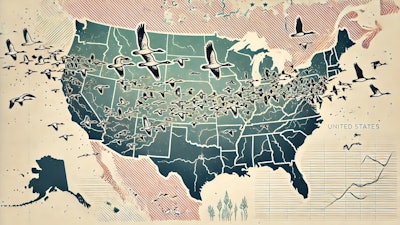
For the first time since highly pathogenic avian influenza was first detected in domestic cats in 2022, a cat has been confirmed as infected east of the Appalachian Mountains. In February, the U.S. Department of Agriculture’s Animal and Plant Health Inspection Service confirmed cases of bird flu affecting domestic cats in Washington, New Jersey, Colorado, California, Kansas, New Mexico, Montana and South Dakota.
The first recorded case of bird flu in a domestic cat in the U.S. occurred in Linn County, Oregon in December 2022. Since then, cases have occurred throughout the U.S. Until February, all of these HPAI infections in domestic cats had been west of the Appalachian Mountains. These cases corresponded to the Pacific, Central and Mississippi flyway routes used by migrating birds. The cases identified in February in New Jersey occurred in the Atlantic flyway.
Avian influenza cases in New York cats
The instances in New Jersey weren’t the only cases of highly pathogenic avian influenza to occur on the East Coast. On March 15, Savage Pet of El Cajon, California recalled some of its raw cat food after the product was correlated with cases of bird flu in pet cats, according to the U.S. Food and Drug Administration.
During the past two months in New York City, avian influenza virus was detected in two cats and a suspected third cat. All three were correlated to Savage Cat Food, poultry packets lot number 11152026. Two of the cats died or were euthanized following their infection with H5N1 bird flu. To date, no human has contracted avian influenza in New York City.
On March 15, the New York City Health Department advised New Yorkers against feeding their pets with products from the raw pet food company Savage Cat Food.
“In collaboration with local, state, and federal animal health officials, the New York City Health Department has confirmed that two separate cats, and possibly a third, were infected with bird flu and have been linked to a raw poultry pet food product from Savage Cat Food,” New York City Health Department Acting Commissioner, Dr. Michelle Morse, said in a press release. “We strongly encourage New Yorkers whose cats are experiencing illness after consuming Savage Cat Food products or other raw meat or dairy products to contact their veterinarian. The current risk to New Yorkers of bird flu remains low. Bird flu viruses present a wider risk to the general public only if the virus develops the ability to transmit between people — which we have not seen at this time.”
Details of avian influenza outbreak in New York cats
Cat A became ill and was hospitalized with fever, loss of appetite and severe respiratory disease following consumption of chicken packets from Savage Cat Food with the lot number 11152026. Testing for H5 bird flu was performed at the Cornell Veterinary Diagnostic Laboratory. The cat died as a result of the infection.
A second cat, cat B, was diagnosed with H5N1 and testing was confirmed by NVSL last month. This cat developed fever and severe respiratory and liver disease and also died as a result of infection. Additional testing recently performed at NVSL suggests the cat was infected with an H5N1 strain related to that found in Savage Cat food, lot 11152026. This cat did not consume the raw food product but was exposed to a sick cat, cat C.
Cat C became ill with a fever after consuming Savage Cat Food, lot number 11152026. Cat C survived, but H5 testing was not performed.



